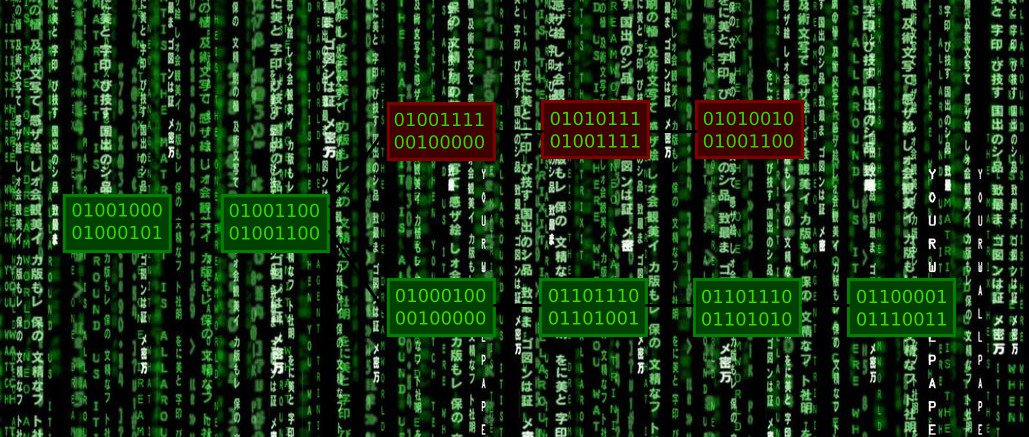The blockchain technology that underpins Bitcoin, the popular virtual digital currency, could well have big implications for the real estate industry if and when it catches on. The process of buying a home is often a long and complex one, but an article by Don Oparah in TechCrunch reveals how the blockchain can simplify things by speeding up transactions, offering safer investments and providing more transparency for all parties involved.

Speeding up transactions
Real estate transactions have long been a cumbersome process due to all of the complexity, rules and regulations, but Blockchain adoption should put an end to that. The problem with real estate transactions is that they're held back by government restrictions and charges on the transfer of real estate. Other things, such as home inspections and point of sale mandates, not too mention all kinds of sales restrictions, can slow down a deal even if both parties are keen to wrap it up as fast as possible.
The blockchain can't influence all sales restrictions, but what it can do is speed up the financial verification element of any deal. Traditionally, buyers and sellers use escrow and/or title companies for third-party verification, which acts as a kind of safety net. But these services are expensive, sometimes amounting to as much as two percent of the total value of the property, and they are also time consuming. But with a blockchain-based database to prove authenticity, it should be possible to cut out these middlemen and legitimately transfer ownership of real estate.
More transparency
Blockchain technology can also help to make the mortgage application process faster and more transparent, Oparah believes. He says that by using the blockchain, it would be possible to assign a digital ID to real estate assets, buyers and sellers. By doing so, it would speed up the entire application process and transfer of ownership. Buyer's credit records and income would also be verifiable instantly as well, which means we no longer have to make those time consuming visits to the bank, lawyer and real estate agent. Sellers would be able to prove they own their properties, and provide a record of their time there. Houses too, could be given their own digital identities, which would record the chain of ownership, any repairs and refurbishments, and the costs of running and owning the home.
Fraud reduction
Digital ownership certificates linked to the blockchain would help to prevent some of the most common real estate scams that involve criminals posing as agents for a listing, and asking for an upfront payment as proof of available funds.
The blockchain is a totally incorruptible resource, and so the sender and recipient of any fund transferred would automatically be logged in it. As such, forged ownership documents and false listings would be easily identifiable, because these digital ownership certificates would be impossible to falsify, directly linked to properties already in the system.